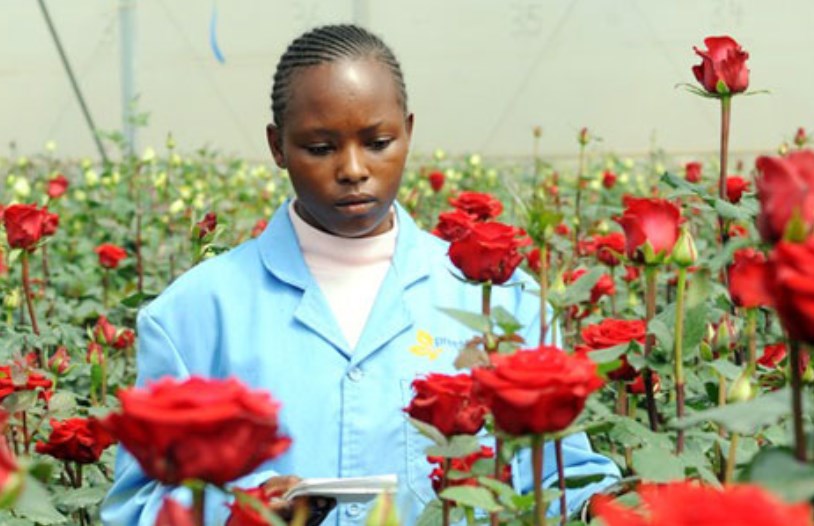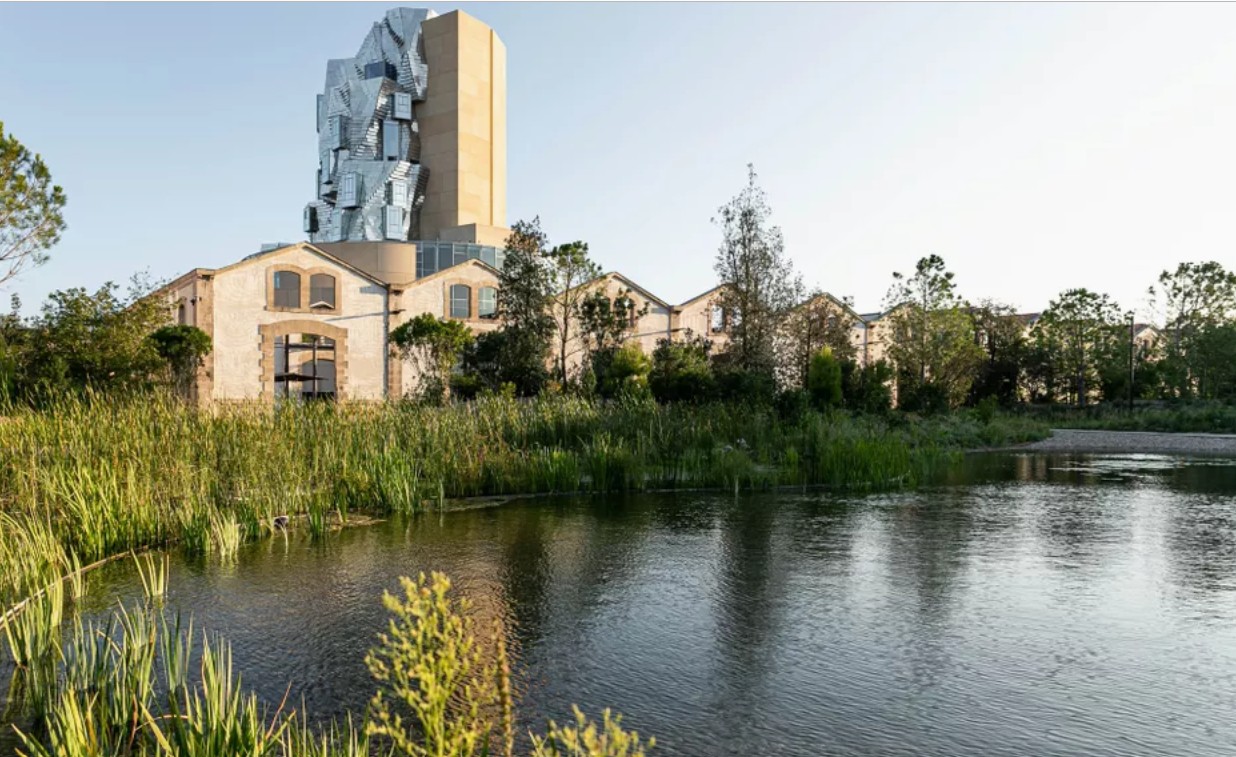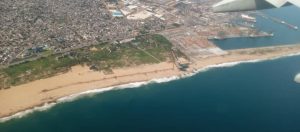New green technology to help Kenya ‘s flowers
New green technology to help Kenya ‘s flowers
By Houmi Ahamed-Mikidache
It is well known Kenya’s roses, carnations and summer flowers, in particular, are renowned for being long-lasting. Indeed, one terminal at Nairobi airport is dedicated specially to the transport of flowers and vegetables. Therefore, perishable floral cargo can go from grower to consumer in record time. Kenya is the third largest exporter of cut flowers in the world and is the undisputed East African floriculture champion. Flower exports have become Kenya’s third major export (after tea and tourism) bringing more than $100m in to the Kenyan economy each year.
But nowadays flowers exports is under constant threat of damage by pest and disease due to climate change. ADAS Horticulture, part of UK based RSK Group, has pioneered new technology for reducing the impact of pest and pathogen attacks which cause significant crop and supply chain losses in Kenya. It will help Kenya become a leading exporter of fresh produce, according to the company. ADAS is indeed a trading name of RSK ADAS Ltd. RSK Group in the UK’s largest privately owned multi-diciplinary environmental consultancy and one of the fastest growing companies of its kind in Europe. With operations in Europe, Africa, Middle East, its comprehensive, solutions-led consultancy services help organisations around the world conduct business in a compliant and environmentally-responsible manner.
Fighting the disease: UV technology
The most problematic disease which causes crop and supply chain losses is Botrytis(commonly known as grey mould) but it is not the only problem. Pests and pathogens are estimated to contribute up to 40% of cut rose yield losses worldwide. Standard chemical control techniques involving direct spray applications of pesticides are not always effective and their use is being constantly challenged by consumer and environmental impact concerns.
To address the problem of pestilence and find a sustainable, environmentally friendly solution, ADAS has spent the last three years working with industry and academic partners to develop new sustainable, non-contact, non-chemical technologies. The project was funded by Innovate UK. Explaining the innovative technology, Dr Barry Mulholland, Director, ADAS Horticulture, said, “We worked with a Kenyan business, which grows and exports roses back to the UK.
To him, the technology comprises two strands: firstly, UV light to make crops more resistant to pest and pathogen attack and also improve product marketable quality; and secondly, UV light in post harvest environments to remove ethylene, which is known as the “silent killer” and is responsible for the accelerated ageing of fresh produce.” This is the first time ever that UV technology has been on a crop while it is growing. It has been noted by the company that the resistance goes through the supply chain.
How does it work?
“By removing ethylene, the ageing process is effectively suspended. By simply extending shelf life by two days for cut roses, this reduces scheduling losses in the supply chain by up to 6-8%, ” Dr Mulhohand explained. And he added : “This technology also has the added benefit of being able to remove and destroy micro-organisms present in the air and provide an additional crop protection measure in postharvest supply chain environmentis innovative approach to better managing the crop and supply chain will also promote the industry’s green credentials in meeting consumer expectations of available, better quality and safe fresh produce.
Highliging the way the technology will revolutionise the fresh produce sector, Dr Mulholland gave his view: “This technology has the potential to be used with other valuable fresh produce including fruit and vegetables. For example, ADAS is close to completing a second project (UK based) that has shown promising effects of UV application for non-chemical Botrytis control in tomatoes, which also extends shelf life.”
The upshot of the work is to further improve an incredibly successful industry and help Kenya achieve its aspiration to grow market share as a leading global exporter of high-value fresh produce goods. Furthermore, the technology also has huge potential for extending the shelf life of fresh produce such as fruit and vegetables
Share this content:









